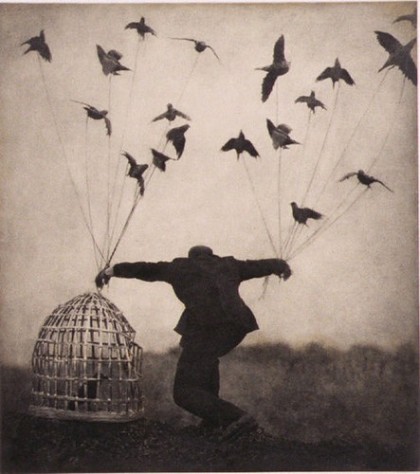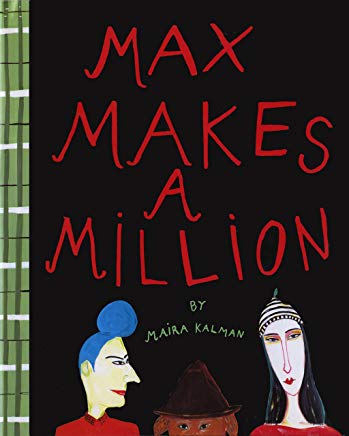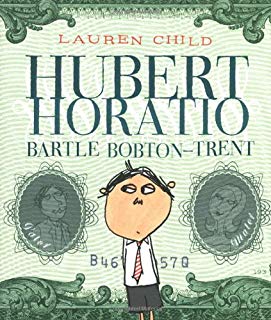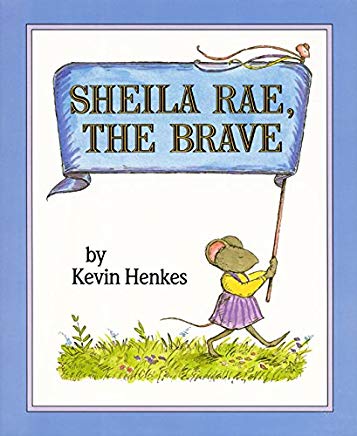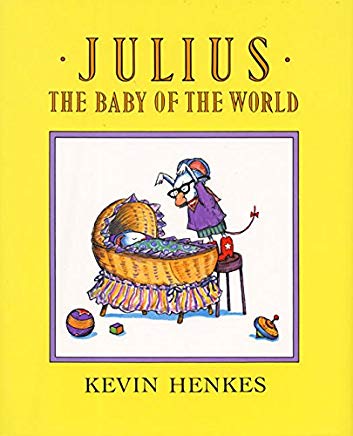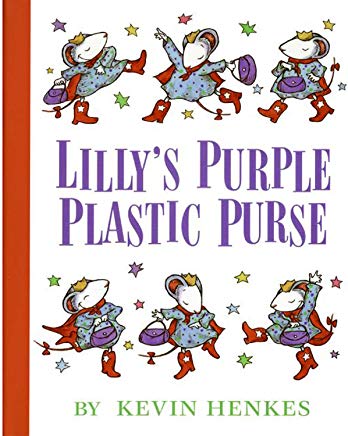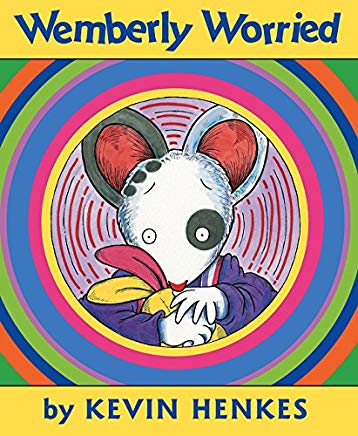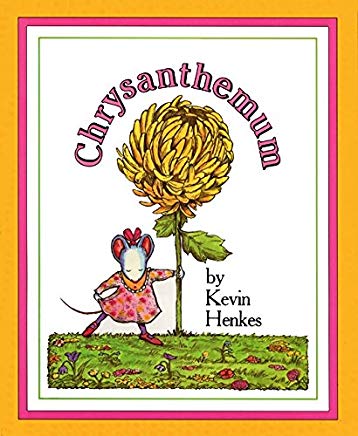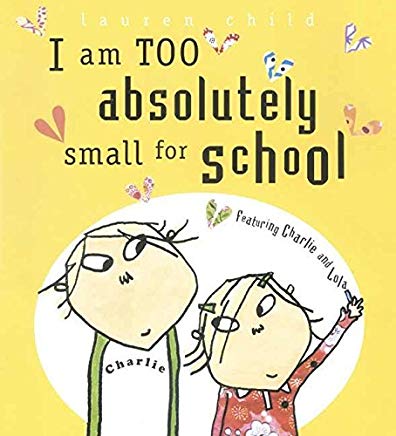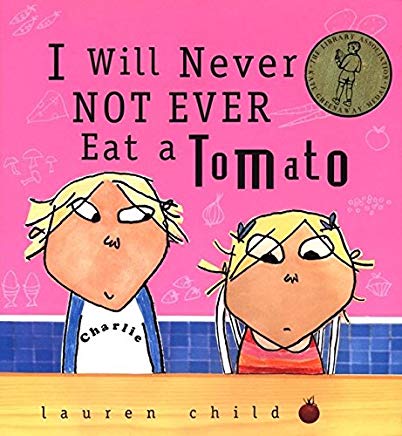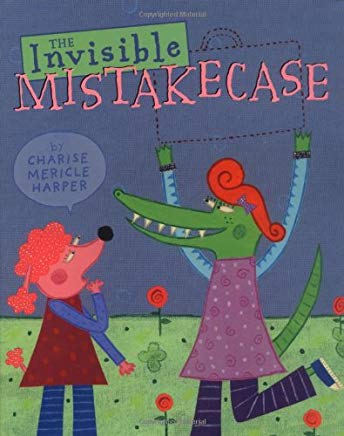The Blog
Blog Entry
Roots & Wings

Old story: a poet wants to move to Paris. In Maira Kalman’s Max Makes a Million, that poet is Max Stravinsky, dreamer, socialite, dog, and he cites a Chinese proverb which, like most, I probably would have known if I haven’t been dozing and drifting and otherwise chasing my own tail through college, after college, after that – he quotes a possibly very famous saying to the effect that parents should give their children two things, roots and wings. Max has the roots. Now he wants the wings.
And while I think this speaks neatly to our responsibilities as caregivers, what about the responsibilities that come with operating those wings? Because you are likely to inflict some serious damage amid all of your flapping – whether you are traveling to Paris, or writing a poem, or making a book.
For instance: it hurts my brain to read in circles. I realize this is age-related (I can hardly get on a a ferris wheel anymore without feeling vomitous for the rest of the week), but if you’re going to make me read sentences in circles, or figure eights, or letters pouring down the drain, then it better be worth the trip. I get that words are like building blocks, and they can be flowers growing out of the ground, and swirling, dying leaves, and thought bubbles, and funny sounds and dancing letters, and I’m cool with that, really, to a point. But please don’t take me on a typographical roller coaster just to be kooky, because I will hate you for your kookiness, and my kids will probably love you, and that will make me hate you even more.
As a parent, I make this concession occasionally, though I never remember a word. If the words are worth reading, however, I’ll follow – through mirrors and footnotes and paragraphs shaped like zigzag sidewalks and the Empire State Building. Listen to Maira Kalman in Max:
“A jumping jazzy city. Tall people. Short people. Plaid people. Carrying boxes. Carrying chairs. Traffic. Towers. A shimmering stimmering triple-decker sandwich kind of city. Wow. New York. Bow Wow Wow.”
The story meanders jazzily – through rooomates and poems and musicians and upside-down architects and candy importers, the words slipping sideways between them, because that is the communal spirit of this book. It works. It sings. It flies.
Consider, also, The Invisible Mistakecase by Charice Mericle Harper. Even the name of the author seemed more than I could handle when I first saw it, and the pages themselves are so full of potentially exhausting diagrams and flashbacks and dream bubbles, I thought, uh-uh, no way, gimme Seuss. But the story itself proves so knowing and nuanced – mistakecase refers to a place you can stash all of the screw-ups you’d rather not forget – that anything stripped of these diversions would almost certainly sound like condescension. There’s a lesson buried in here somewhere; the deeper the better, I say.
Similarly with Lauren Child, who asks a lot of our orientation skills, and who mostly delivers, through dead-on observations of very funny children. Her Hubert Horatio Bartle Bobton-Trent is a downwardly mobile ping-pong playing millionaire. And then there are Charlie and Lola, whom you probably know from their television gig, which is probably too bad. Some context goes unfortunately missing from that incarnation – especially the text, which zips around the page between cookies, and growth charts, and multiple Lolas, and her imaginary friend Soren Lorensen. Seditious little touches like Lola’s opinions on numbers and letters and vegetables and “schooliforms” go a long to way toward justifying her quirkiness between the covers; on TV she just sounds bossy. Still, she and her enabling brother Charlie deserve a second, proper look from their beginnings, rather than whatever public service – recycling is the latest – can generate tomorrow’s plot. Some of their most recent printed adventures even come with a disclaimer – “as seen on playhouse Disney” – which makes me wonder which came first. They’re not fake, just fast. Like one minute you’re a scruffy little bar band with one great song and the next, Clive Davis is writing all your material.
The temptation for any artist is probably considerable, but not everyone succumbs. Kevin Henkes is pretty famous as the author of Chyrsanthemum, Wemberly Worried, Lilly’s Purple Plastic Purse and, especially, Julius, the Baby of the World, although I cannot imagine that acceptance came very fast or very easily, in fact I even picture a conversation that started something like: “Really? Kevin? Mice? Why does it always have to be mice?”
Or I don’t know. Lilly’s notes and caustic drawings probably raised a flag too – “Big Fat Mean Mr. Stealing Teacher!” – those and whatever little nuggets – “BABY, WHAT BABY? I DON’T HEAR ANYTHING” – appear in Lilly’s uppercase commentary. “Features” is what these are called, according to my second-grader’s homework assignments, and yet each of these potentially distracting additions strikes me as indispensable to the skeptical, even subversive tone of the books. They’re hilarious. Odd, wise, and challenging also, but this is the work of an artist who seems every bit as informed by where he’s been as where he’s heading.
